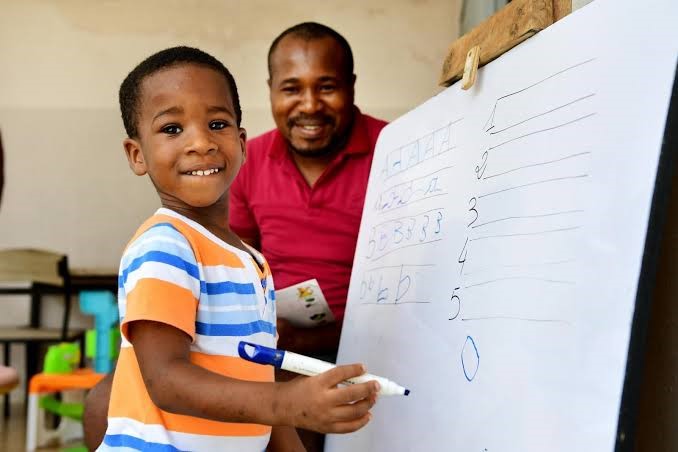The Impact of Parental Migration on Children’s Education in Nigeria

The Impact of Parental Migration on Children’s Education in Nigeria
Parental migration can have a profound impact on a child’s education. When parents migrate to another country or city in search of better economic opportunities, they often leave their children behind. This can lead to a range of challenges that can affect a child’s education.
One of the main challenges faced by children of migrant parents is the lack of parental support and guidance. When parents are not physically present, they are unable to provide the emotional support and guidance that children need to succeed in school. This can lead to a decline in academic performance and a lack of motivation.
Another challenge faced by children of migrant parents is the lack of stability and consistency. When parents migrate, children may be forced to move from one relative’s house to another, or even to a different school. This can be disruptive to a child’s education and make it difficult for them to establish a routine.
Children of migrant parents may also face social and emotional challenges. They may feel abandoned or rejected by their parents, leading to low self-esteem and a lack of confidence. They may also struggle to form relationships with their peers, as they may feel like outsiders.
Furthermore, children of migrant parents may face economic challenges. When parents migrate, they may not be able to provide financial support to their children, leading to a lack of resources and opportunities.
Despite these challenges, there are ways to mitigate the impact of parental migration on a child’s education. One way is to maintain regular communication between parents and children. This can be done through phone calls, video calls, or messaging apps.
Another way is to establish a support system for children. This can include relatives, friends, or community members who can provide emotional support and guidance.
Schools can also play a role in supporting children of migrant parents. Teachers can provide extra support and guidance to these children, and schools can offer counseling services to help them cope with the challenges they face.
In conclusion, parental migration can have a significant impact on a child’s education. However, with the right support and resources, children can thrive despite the challenges they face.






